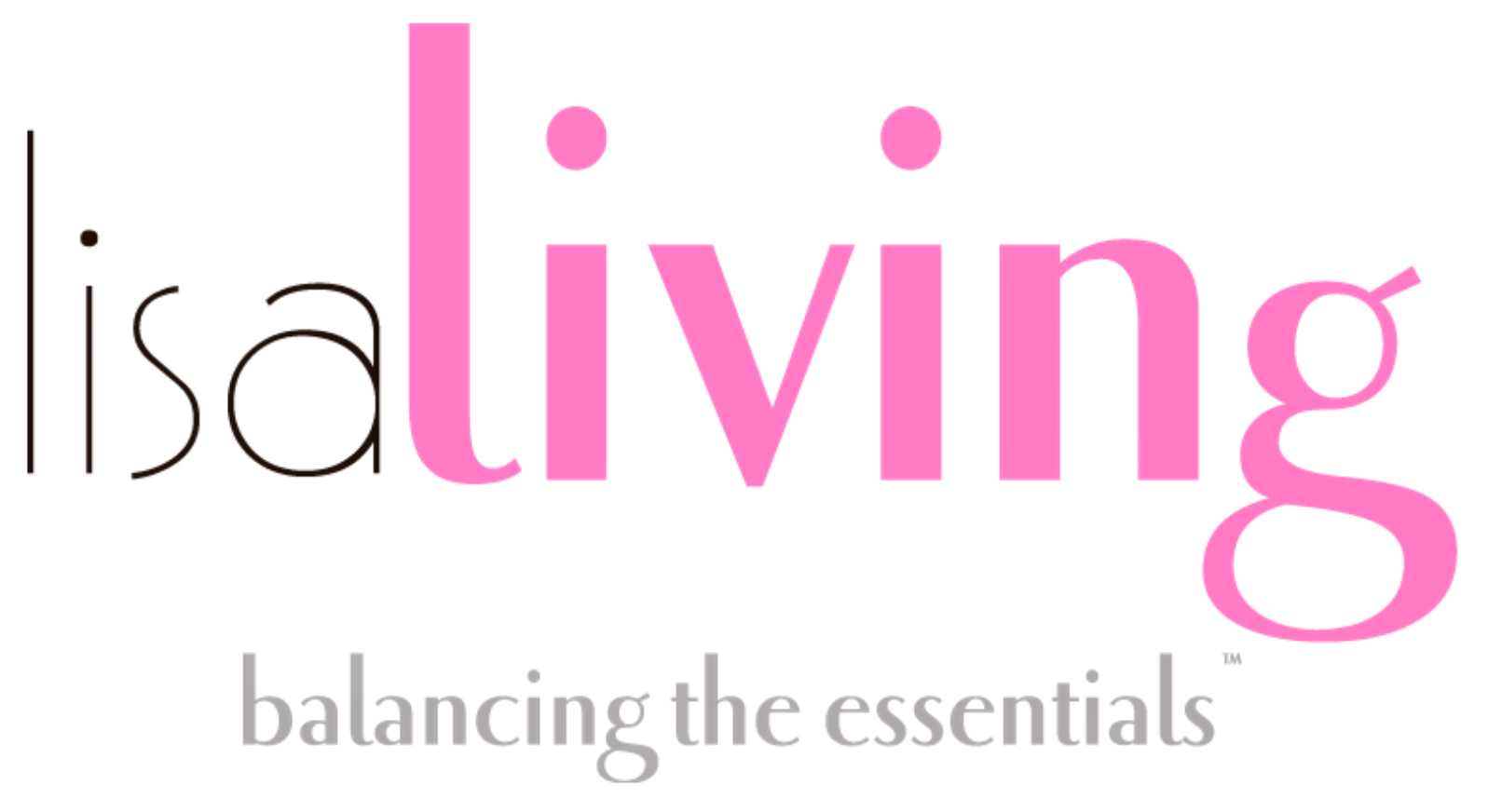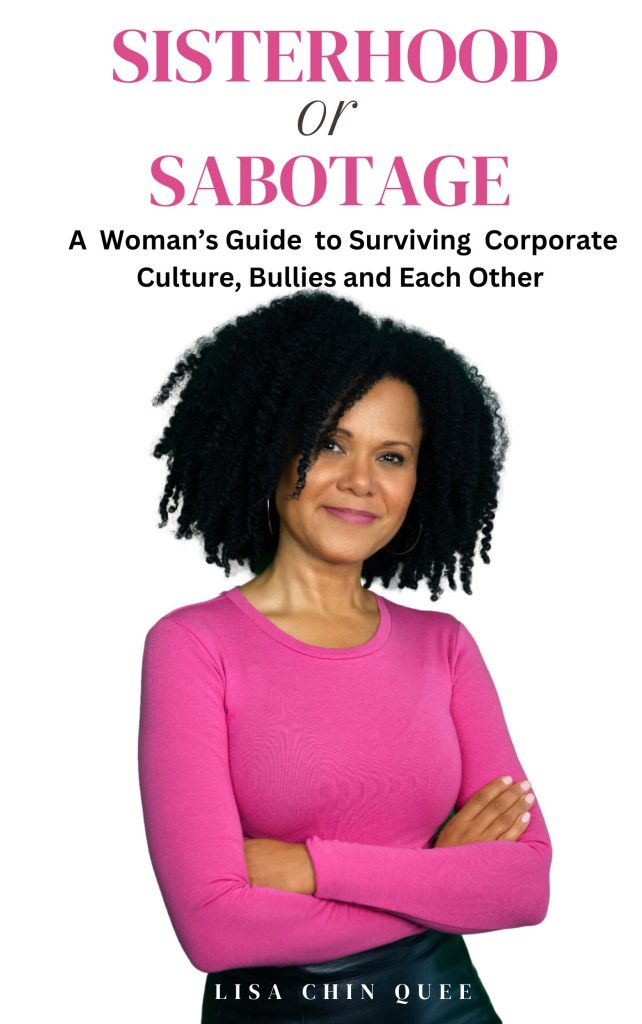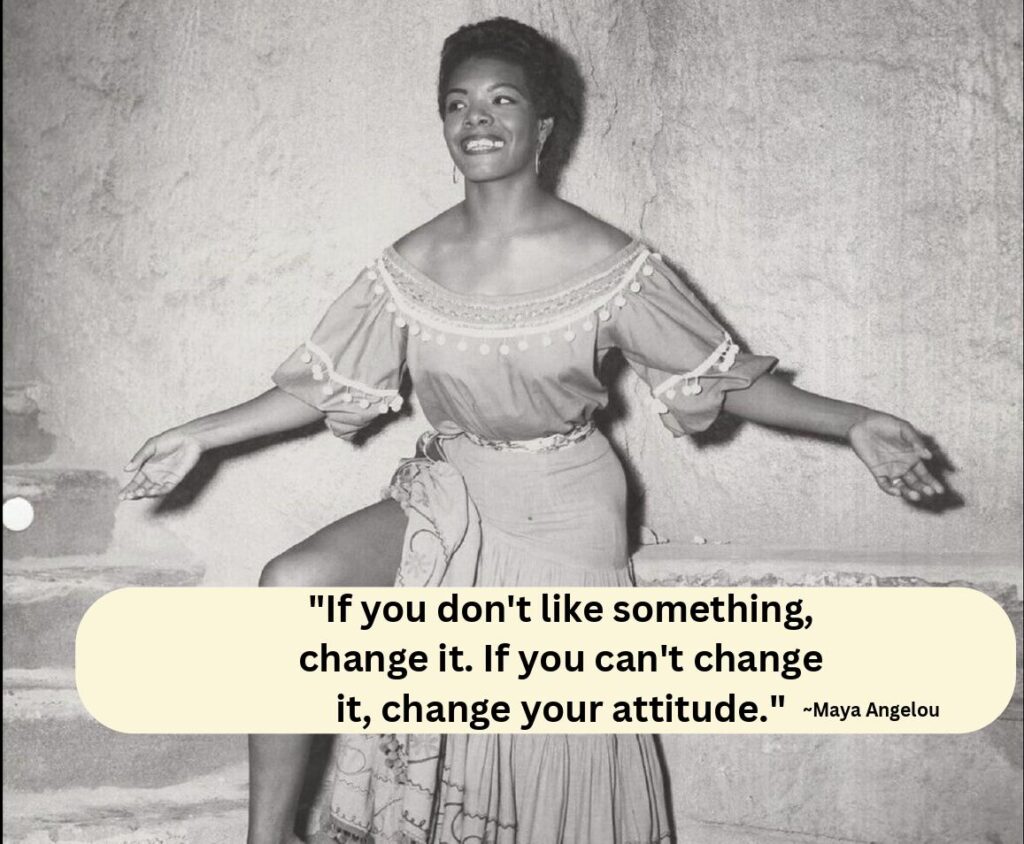By Nikki Shewmaker
There may be no relationship more complex than the friendship between two women. There is love and hate, anger and jealousy, compassion and caring. For many young women, their friends become their family, and in doing so, those friendships face all the trials and tribulations that an actual family encounters. It is a fact often glossed over, but friendship can affect women both physically and mentally.
Children start forming friendships at a young age. Encounters on the playground start to form the basis for social interaction for the rest of a girl’s life. It is at this very young age that cliques tend to form. Even then, these friendships can be wrought with complications. According to a study published in Psychology Today, “Conflict in girls’ groups can also go unnoticed because it is usually indirect: the competition is for the more nebulous good of popularity.” Even among friends, there is always a competition for dominance, and the importance of a pecking order continues well into adulthood.
Even with all of the internal politics, having a close group of friends is important to a woman’s health. A stress study conducted at UCLA found that, “ friends are helping us live better.” Another study performed at Harvard Medical School found, “ that the more friends women had, the less likely they were to develop physical impairments as they aged, and the more likely they were to be leading a joyful life. In fact, the results were so significant, the researchers concluded, that not having close friends or confidants was as detrimental to your health as smoking or carrying extra weight.”
Women with a close group of friends know that they can always count on someone to be there. Whether it is going out for happy hour and gossiping or helping them through a personal tragedy or a bad breakup, there will always be someone they can lean on for support. In those instances, all of the good far outweighs the bad. Even women who are close with their real families are likely to share more with their friends. Friends are usually closer in age and at the forefront in the situations that occur, making them a more accessible and practical option for advice.
Not only that, but having female friends gives women a self-esteem boost. Cosmetic company Dove recently conducted a beauty study and found, “…that 70% of women feel prettier because of their relationships with female friends. It’s no surprise that our self-esteem is highly influenced by our girlfriends; this is important to understand for girls as well as women.” The opinions of friends matters, and when those opinions are positive (and in general, they are), it reinforces the good views women have about themselves, not to mention that a good friend will be honest and tell you the truth. A good friend is like a mirror (that isn’t skewed by someone’s own insecurities and doubt). Their opinion is an accurate reflection.
Women often tend to have more than one group of friends. It can range from groups with different interests to groups of women who are single or women who are married. People are complex and have different interests and lives, and no one person can fill the social need for everything. By having different groups of friends, it allows a woman to maintain contact with people they would possibly fall out of touch with and to maintain interests that are not necessarily of interest to other friends.
So, why do women take their friendships for granted? Despite female friends being constant cheerleaders and support systems, oftentimes they get pushed to the side when a new love comes along. Fostering a new romantic relationship takes priority over the relationship already formed with the girls. Women feel that the relationship with their friends is already cemented, and so they focus on the relationship that isn’t. While parties on both sides need to understand that the friendship will change, it is also when women discover whether or not their friendships are as strong as they thought. If a friendship can withstand the changing dynamics, it is safe to say that the particular friendship is loyal.
On the other hand, betrayal can raise it’s ugly head, usually in the form of disclosing personal, private information and even worse when one is disloyal. There is an unwritten “girl code” that you do not date/sleep with/ or marry a friend’s ex. However, some women do, and in most instances it ruins the friendship. Either their new found love is just so profound that nothing else matters, or they are caught up in their own selfishness. Selfishness, is of course, a flaw, and human error is the main cause of problems in any relationship-friendship or otherwise.
Despite the pitfalls that a friendship faces, it is far more beneficial to maintain them. Ask any woman about her favourite memories, and chances are the vast majority of them will include her friends, or even more importantly, her best friend. Every person will have a different definition of what makes a good best friend, but nearly everybody has one. They are the person you turn to more than anyone, and are probably the person who knows more about you than anyone. Canadian Living recently published an article with insight from licensed therapist Marilyn Belleghem. “A best friend is someone you don’t have to fill in the blanks with. They already know all the inner details of your life. “It’s like picking up a book and knowing exactly where you left off,” Belleghem says. You can cut to the chase and get right to the meat of any discussion because all the background information has already been stored away.”
Friendships, like any relationship, are not always easy, and they do require work to maintain. There will be good and there will be bad, but as Carrie Bradshaw (a girl with the epitome of the friends as a family unit) says, “The most important thing in life is your family. There are days you love them, and others you don’t, but in the end they’re the people you always come home to. Sometimes it’s the family you’re born into, and sometimes it’s the one you make for yourself.”






